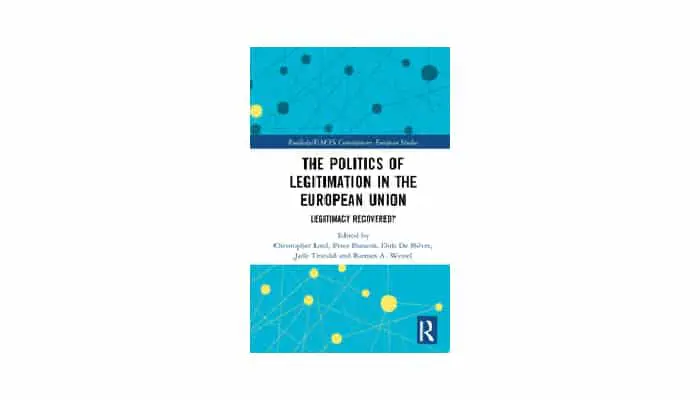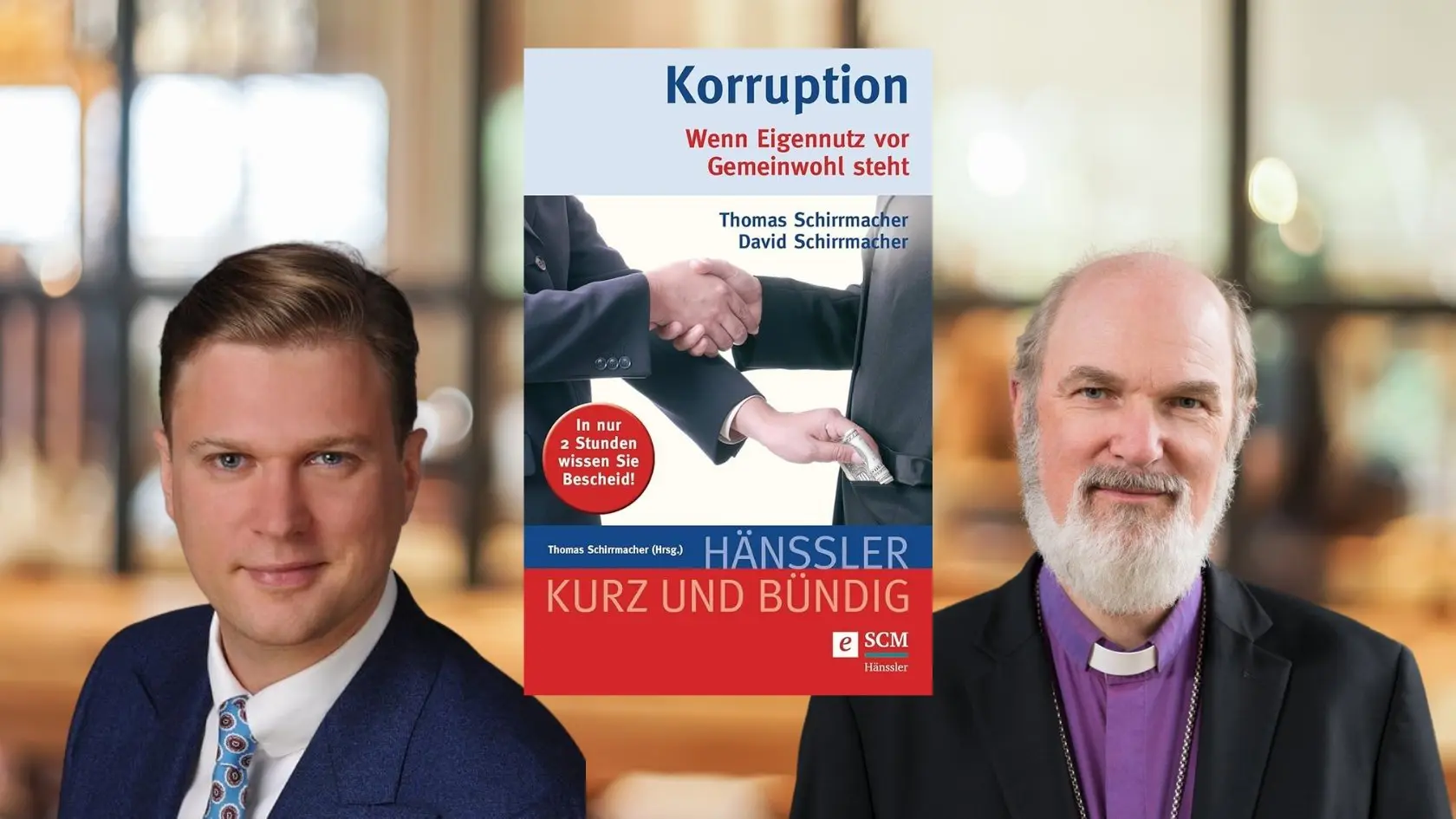Edited By Christopher Lord, Peter Bursens, Dirk De Bièvre, Jarle Trondal, Ramses A. Wessel – Copyright Year 2022
Available for pre-order. Item will ship after April 14, 2022
This book examines and investigates the legitimacy of the European Union by acknowledging the importance of variation across actors, institutions, audiences, and context.
Case studies reveal how different actors have contributed to the politics of (re)legitimating the European Union in response to multiple recent problems in European integration. The case studies look specifically at stakeholder interests, social groups, officials, judges, the media and other actors external to the Union. With this, the book develops a better understanding of how the politics of legitimating the Union are actor-dependent, context-dependent and problem-dependent.
This book will be of key interest to scholars and students of European integration, as well as those interested in legitimacy and democracy beyond the state from a point of view of political science, political sociology and the social sciences more broadly.
Table of Contents
Part 1: Theoretical framework: The politics of legitimation
1. Introduction Christopher Lord, Peter Bursens, Dirk De Bièvre, Jarle Trondal and Ramses A. Wessel
2. Conflating policy, democracy and legitimacy: The case of stakeholder involvement – Claire Godet and Bastiaan Redert
Part 2: Legitimation by individual citizens and officials
3. Winning minds not hearts? Citizens emotions and European integration – Camille Dobler
4. Trust lost, trust regained? Trust, legitimacy and multi-level governance – Dominika Proszowska
5. Beyond support: Public opinion and EU legitimacy – Joris Melman
6. Dublin is dead: A study in delegitimation – Radu Triculescu
Part 3: Legitimation by media and parliaments
7. Whose voice is louder? Politicisation and legitimation in state aid policy – Elena Escalante Block
8. Legitimation strategies and national parliaments: The case of anti-corruption – Emilija Tudjarovska
9. Toothless observers or comprehensive players? National parliaments and the European Semester- Ivana Skazlic
Part 4: Legitimation by governments, courts and external actors
10. A Two-Way Street: Flexible and Rigid Legitimation across Actors and Policies in the EU – Julien Bois and José Piquer
11. Post-Crisis Legitimacy in the EU’s Economic and Monetary Union: The Cases of European Fiscal Policy Coordination and Banking SupervisionPhilipp Lausberg
12. Normative power Europe? Lessons in legitimacy, conditionality and complianceTiffany Williams
Part 5: Theoretical conclusions on legitimation and legitimacy
13. Polycrisis and Resilience in the EU: Covid-19 and avenues for future studiesJarle Trondal, Marianne Riddervold and Akasemi Newsome
14. The many actors of direct and indirect legitimacyChristopher Lord
15. Concluding Implications for EU Policy, Law and Institutions
Dirk De Bièvre, Peter Bursens, Christopher Lord, Jarle Trondal and Ramses A. Wesse
Editor(s)
Biography
Christopher Lord is Professor at ARENA Centre for European Studies, University of Oslo, Norway, and Scientific Co-ordinator of the PLATO network.
Peter Bursens is Jean Monnet Chair and Professor of Political Science at the Department of Political Science of the University of Antwerp, Belgium.
Dirk De Bièvre is Professor of International Politics at the University of Antwerp, Belgium.
Jarle Trondal is a Professor at University of Agder, Department of Political Science and Management, and a Professor at the University of Oslo, ARENA Centre for European Studies, Norway.
Ramses A. Wessel is Professor of European Law and Head of the Department of European and Economic Law at the University of Groningen, Netherlands.
Book Series
This book is included in the following series:







